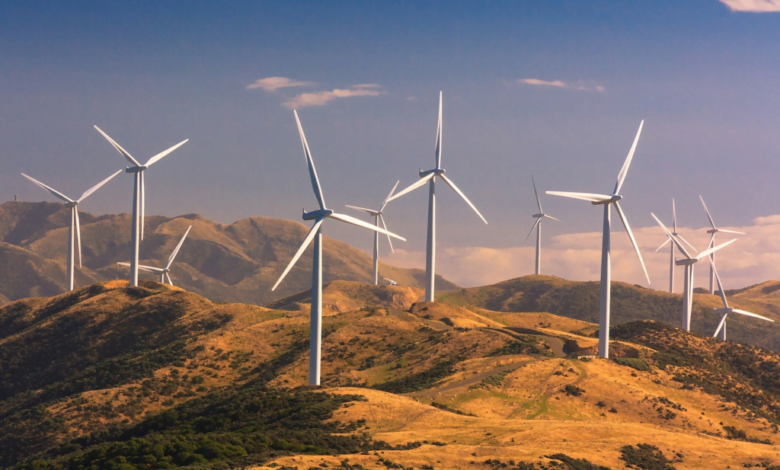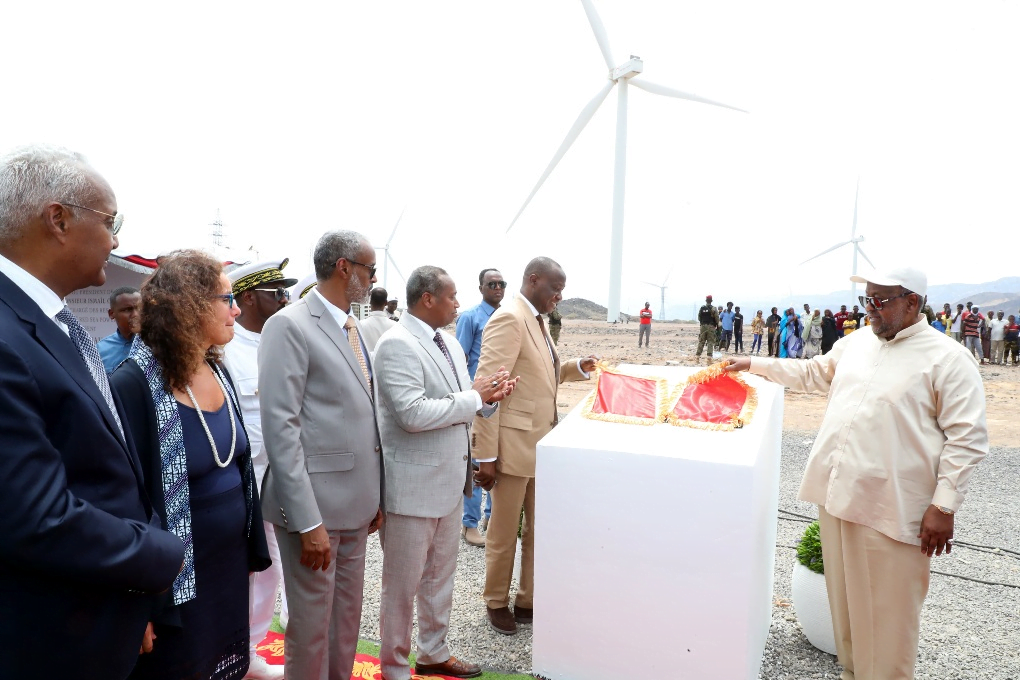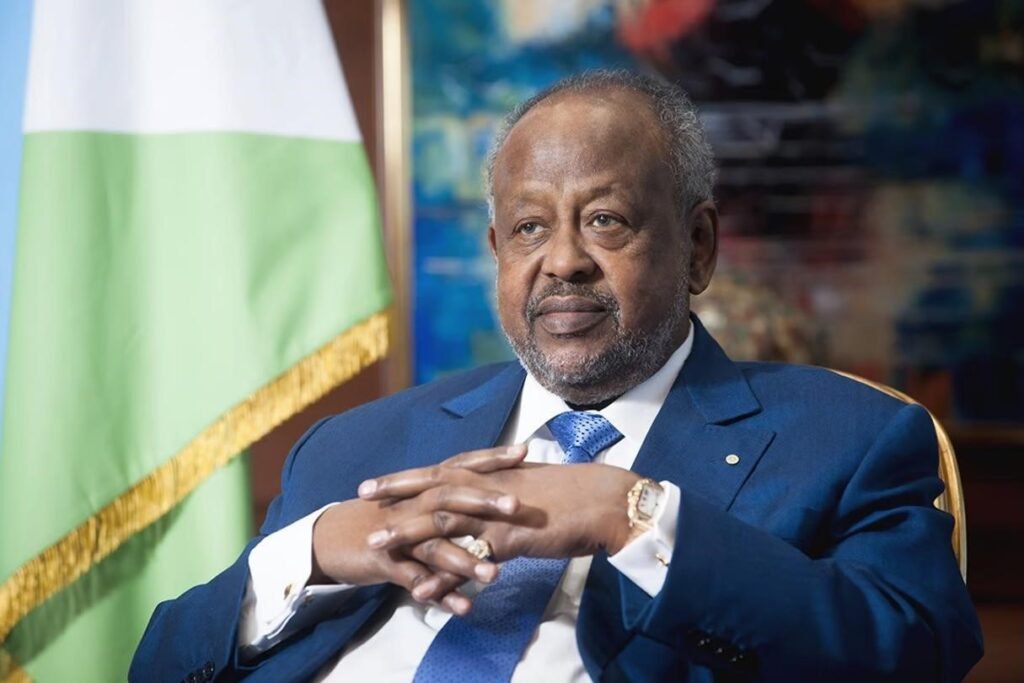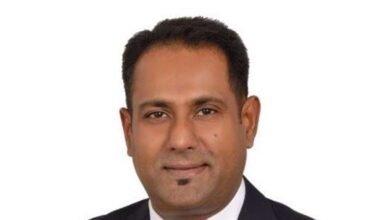Djibouti, a clean energy powerhouse in Africa
In the midst of a period of rapid industrialization and rising demand for electricity, Djibouti is looking to meet the energy challenge, but not in just any old way. The country is turning to renewable energy. And it seems to have found the right formula.

Last September, Djibouti inaugurated the country’s first green energy plant. The country now has a fleet of seventeen wind turbines with a total production capacity of 60 MW, adding to the 120 MW the tiny republic already produces every day according to data provided by the local authorities at the inauguration.This infrastructure will improve access to energy for part of the population. The project is part of the government’s ambition to make Djibouti the first country in Africa to produce 100% green energy.
How did the country get there? Initially, the executive relied on public-private partnerships (PPPs) and the liberalization of the energy sector. The latest wind farm was built by a consortium of private investors, Red Sea Power Limited SAS, which invested $122 million according to the consortium. The country has no intention of stopping there. A further 45 MW expansion is already planned for the Ghoubet site, while another project, this time solar, is due to be launched in the coming months in the Grand Bara desert. With an investment of $40 million, this photovoltaic farm will have an initial capacity of 30 MW, which will be increased to 100 MW if its production potential is confirmed according to local authority projections. Even before these projects are operational, the wind farm just launched will reduce carbon dioxide emissions by more than 250,000 tons per year, or the equivalent of taking 55,000 buses off the road.
Natural and geographical assets
As a global transshipment hub, Djibouti can count on nature. It has wind, solar and geothermal resources that could triple its current capacity to over 300MW. It has the highest concentration of foreign military bases in the world. A number of partners and companies see the wind farm as an opportunity to decarbonize their operations and replace their mainly diesel-powered electricity with clean energy. Ultimately, the energy produced will not only facilitate carbon-neutral industrialization, but can also be used to power a new environmentally friendly processing facility to fuel transshipment vessels. It will enable the country to wean itself off its dependence on imported fossil fuels and hydrogen-generated electricity from neighboring Ethiopia.


This energy transition strengthens our energy security
At the launch of the wind farm, President Ismaïl Omar Guelleh pointed out that this transition to clean, renewable energy sources will reduce our dependence on imported fossil fuels, « which will strengthen our energy security and reduce our energy bills. By investing in renewable energy, we are also creating new economic opportunities, encouraging the emergence of a local industry and creating jobs in the clean energy sector, while helping to combat climate change by reducing our greenhouse gas emissions ». He also believes that this option « strengthens Djibouti’s position on the international stage as a country committed to protecting the environment and achieving sustainable development goals ».
All of these initiatives support Djibouti’s determination to generate 100% of its electricity from inexhaustible renewable sources by 2035.







